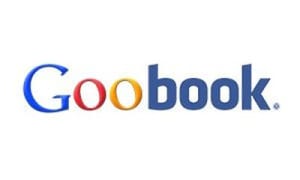The great debate: Facebook and Google versus the world
Just as plummeting stock markets and reduced budgets affected global economies and delivered a blow to our industry in 2008 in the form of the GFC, Google and Facebook are doing much the same 10 years later but with more direct methods. NewsMediaWorks’ CEO Peter Miller explores the GFB crisis.
I was privileged recently to attend a breakfast at Advertising Week Europe. It was at the famous Ronnie Scott’s Jazz Bar in Soho. Usually when you leave Ronnie Scott’s you can’t recall your own name let alone the conversation you just had, but this was a breakfast to remember.
The stage was set for an interview which could have been viewed akin to a boxing match:
In the blue corner, David Pemsel, CEO of The Guardian.



What about the vitriol pumped out from all things Murdoch? His local reach in Australia is concerning many too.